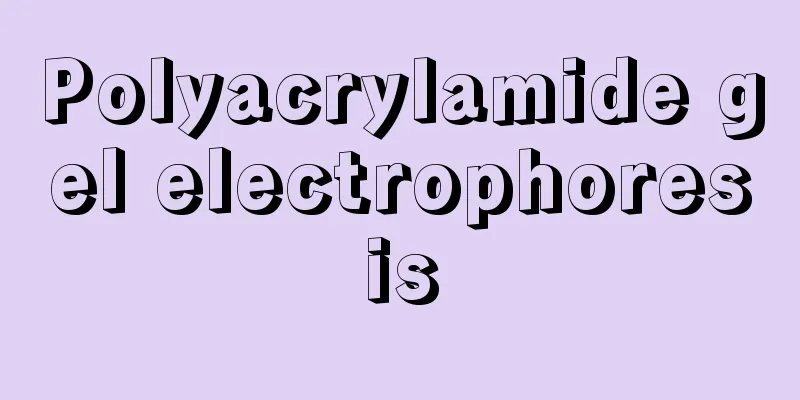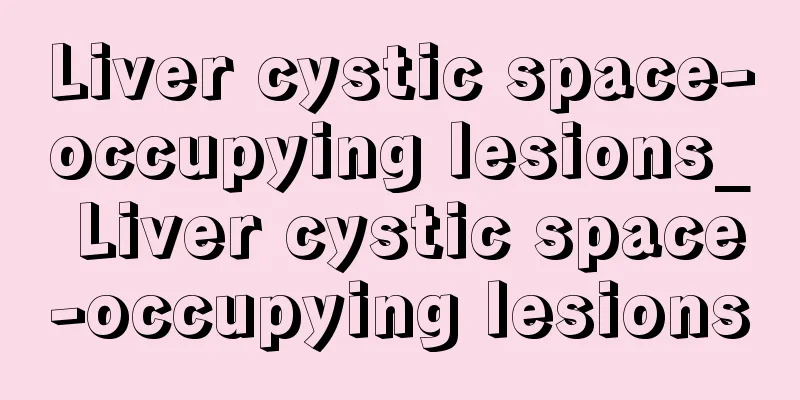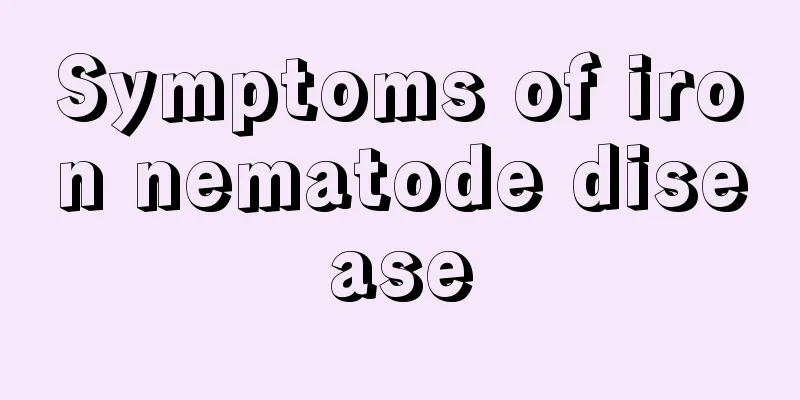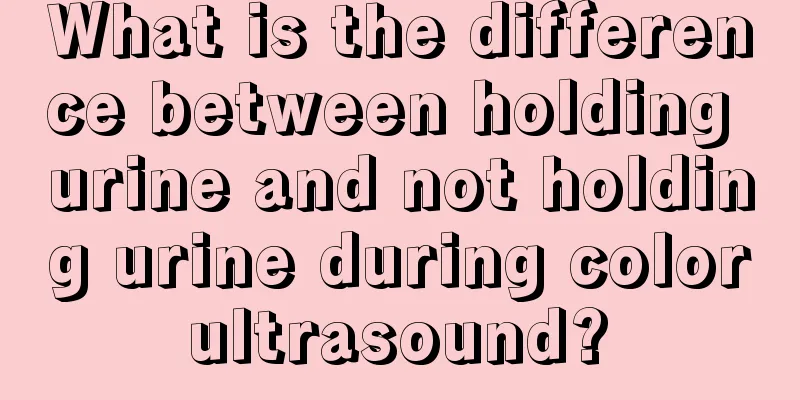How long does it take for the stomach to digest food?
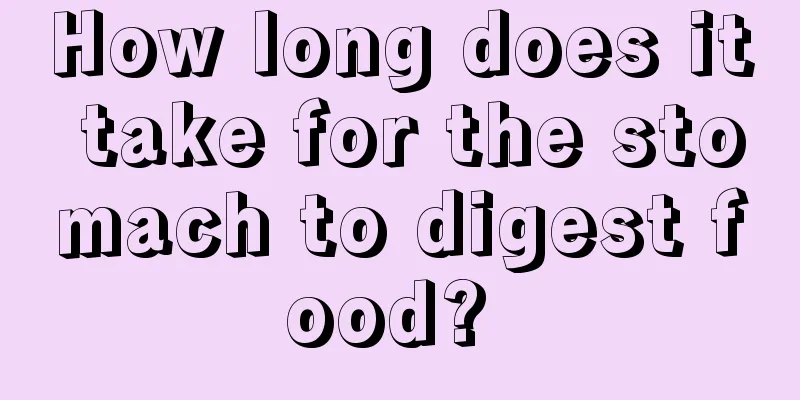
|
The stomach is a very important part of the human body. The food we eat needs to be digested by the stomach to provide the body with various nutrients. The human body can only survive on various nutrients. If the stomach is not good, then the digestion of food will not be good. Insufficient nutrition will reduce the body's resistance and endanger human health. Many people still don’t understand how long it takes for the stomach to digest food. How long does it take for the stomach to digest food? Let’s take a look at it next. 1. How long does it take for the stomach to digest food?
1. After food is eaten, it takes four hours for the stomach to break it down and digest it. After that, the stomach will transport the food to the small intestine. After further decomposition and absorption, the ingredients needed by the body are absorbed, and those that are not needed will be sent to the large intestine. In the meantime, it needs to be excreted from the body through intestinal peristalsis. The time for excretion varies from person to person, and basically it takes about 8 to 10 hours. Usually, you should consume more dietary fiber foods to help excrete toxins and waste gases from the body. 2. Food Digestion Process 1. The digestion of food starts in the mouth. Food is mainly digested mechanically (food is ground) in the mouth. Because food stays in the mouth for a very short time, the digestive effect in the mouth is not significant. 2. After food enters the stomach from the esophagus, it is subjected to mechanical digestion by the stomach wall muscles and chemical digestion by the gastric juice. At this time, the protein in the food is initially broken down by the pepsin in the gastric juice (with the participation of gastric acid), and the stomach contents become a porridge-like chyme, which is pushed into the duodenum through the pylorus in small amounts multiple times. After the chyme enters the duodenum from the stomach, digestion begins in the small intestine. 3. The small intestine is the main place for digestion and absorption. Food is digested chemically by pancreatic juice, bile and intestinal fluid, as well as mechanically in the small intestine. Various nutrients are gradually broken down into simple, absorbable small molecules and absorbed in the small intestine. Therefore, after the food passes through the small intestine, the digestion process is basically completed, leaving only difficult-to-digest food residues that enter the large intestine from the small intestine. 4. There is no digestive function in the large intestine, only a certain absorption function.
3. Notes Usually, be careful not to overeat and don't eat particularly spicy food. |
<<: Can white wine cure toothache?
>>: Is the blue light acne removal device useful?
Recommend
Grapefruit and pomegranate juice
In the hot summer, having a glass of refreshing j...
Can I wear colored contact lenses if I have trachoma
Trachoma is a common eye infection, which is ofte...
What are the methods of breast reduction
Everyone thinks that big breasts are the best, an...
Can floaters be cured?
Floaters cause distress to many people. In fact, ...
How to remove the coldness of soy milk
Many foods in life are divided into cold and hot ...
Will drinking hot and cold water together cause poisoning?
Many people have had this experience: when they a...
What are the treatments for lumbar lordosis?
The health of the lumbar spine has a great impact...
Gastric cancer is likely to be caused by environmental factors
Gastric cancer is likely to be caused by environm...
Is the recurrence rate of bladder cancer high?
Bladder cancer is a relatively common malignant t...
Is surgery or Chinese medicine better for gallbladder cancer?
The treatment of gallbladder cancer is a problem ...
Is the recurrence rate of stage 1 breast cancer high?
The recurrence rate of stage 1 breast cancer is r...
Is it serious to have a pituitary tumor?
Having a pituitary tumor will have a great impact...
Prevention measures for liver cancer
Many people find liver cancer a very scary diseas...
Tips for curing itchy throat
We all know that our country is a country with fo...
What should I do if I drink expired milk?
Do not consume expired milk, as it will cause gre...



